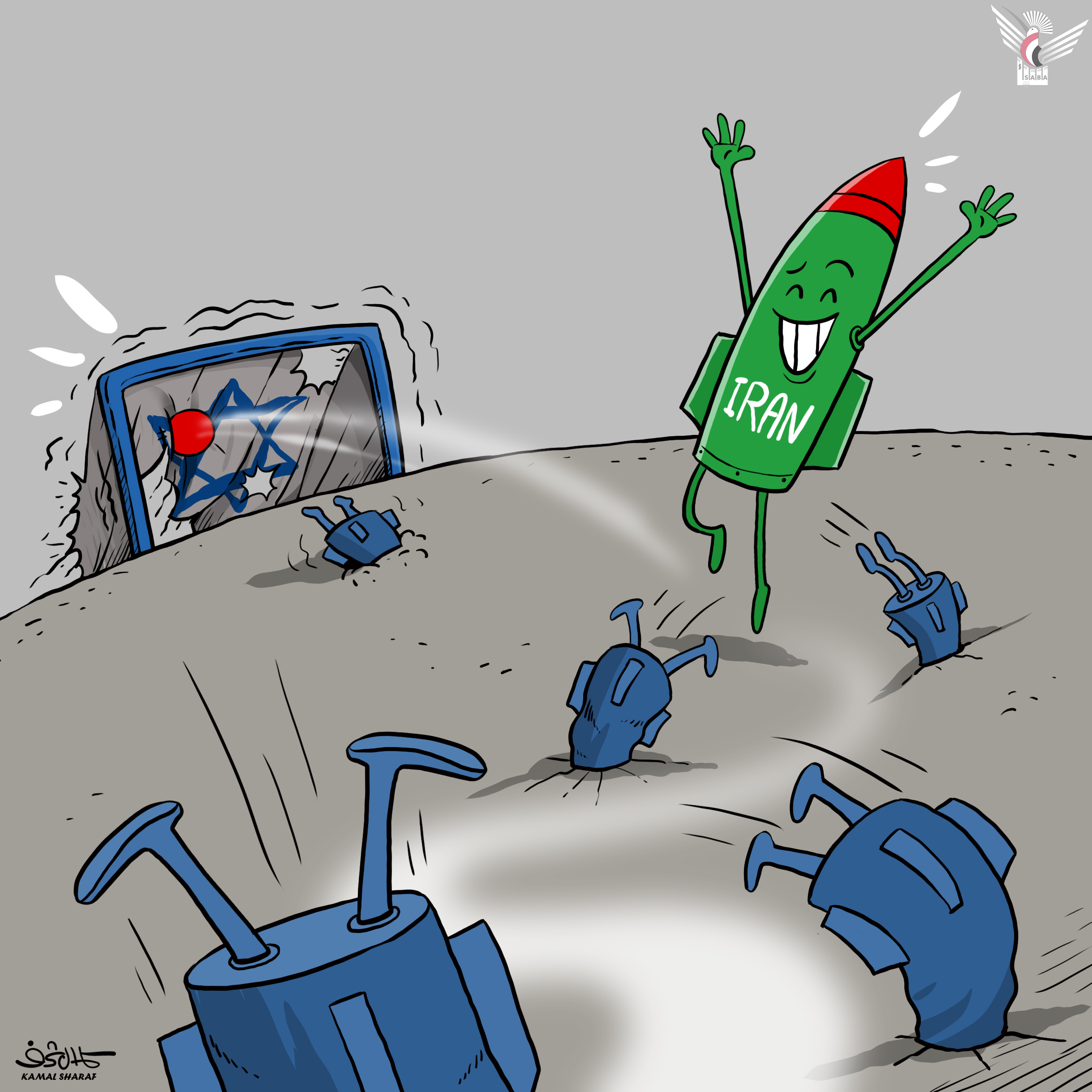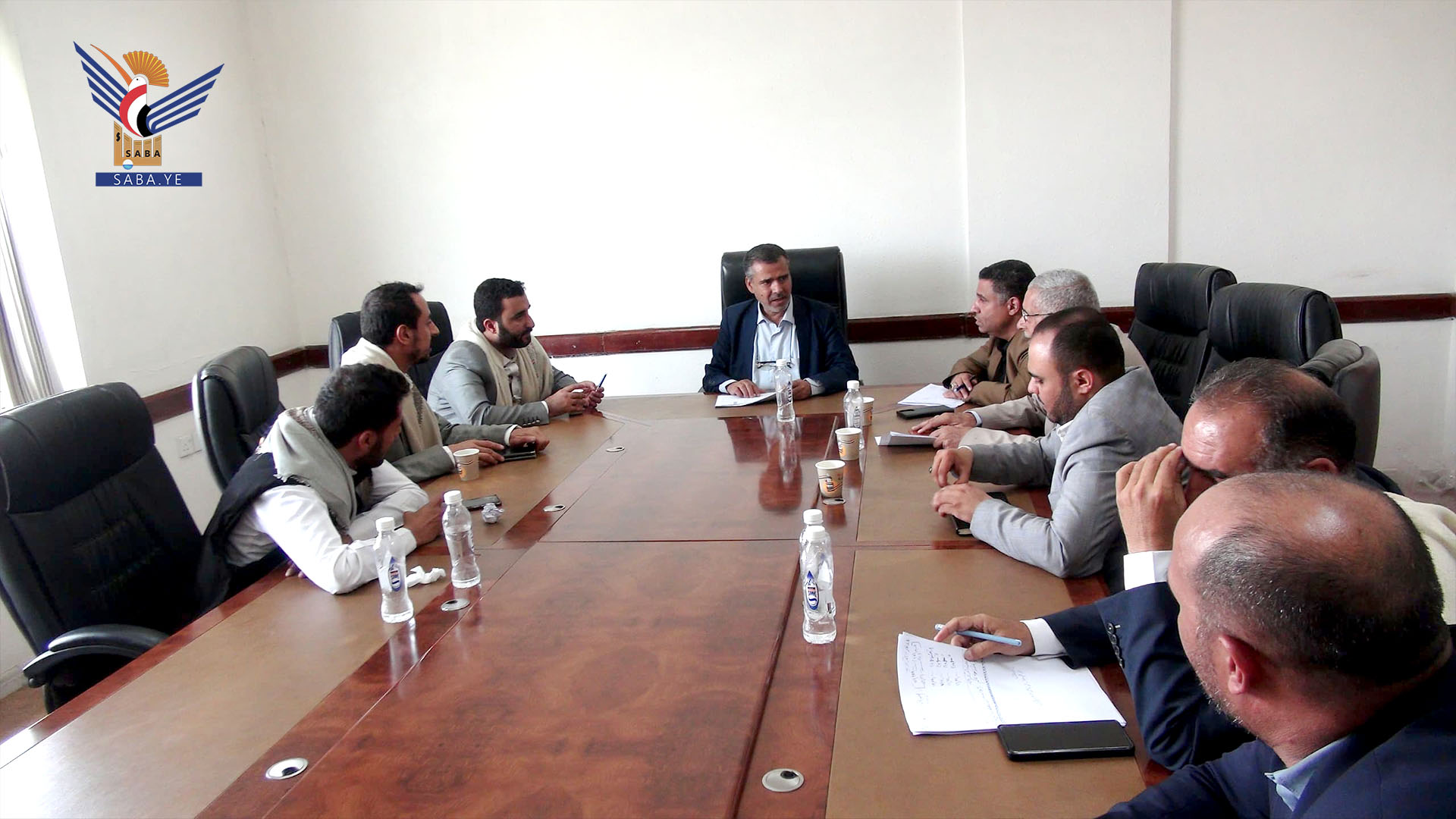Sana'a - Saba:
A significant meeting was held on Saturday in the capital Sana'a, chaired by the Minister of Electricity, Energy, and Water, Dr. Ali Saif, to discuss the ongoing status of vital water projects.
These projects are specifically those receiving funding from the Central Emergency Interventions Unit, which operates under the Ministry of Administration and Local and Rural Development.
The gathering brought together key officials, including Deputy Minister of Electricity and Water Adel Bader; Engineer Shihab al-Shami, Executive Director of the Central Emergency Interventions Unit for Development; and Yahya al-Shami, Deputy Director of the Rural Water Projects Authority.
The discussion focused on the unit's crucial role in supporting various water initiatives, with a particular emphasis on high-priority projects aimed at addressing Yemen's severe water scarcity.
A core element of the review was also how to effectively engage local communities, through cooperative societies, in the management and operation of these new and rehabilitated water systems.
During the meeting, Minister Saif underscored the Ministry of Electricity and Water's strong commitment to enhancing coordination with the Central Emergency Interventions Unit.
This collaborative effort is essential for the successful implementation of water projects across different governorates.
Saif specifically highlighted the importance of dam and water barrier projects, recognizing their critical contribution to recharging vital groundwater reserves and providing much-needed irrigation for agricultural lands.
Echoing the minister's sentiments, the Deputy Minister of Electricity commended the Central Emergency Interventions Unit for its significant support in implementing water projects at both governorate and district levels. This includes projects developed through community partnerships, where local participation is integral to their success and sustainability.
For his part, Engineer al-Shami, Executive Director of the Central Emergency Development Interventions Unit, emphasized the crucial next step: the formal handover of these completed water projects to local cooperative societies.
He stressed that these societies are ideally positioned to take on the responsibilities of management and ongoing operation, ensuring the long-term viability of the water infrastructure.
He further highlighted the strategic importance of prioritizing water projects in rural areas, or addressing their needs through these cooperative models, given the pronounced challenges of water access in such regions.
The meeting underscored the collaborative and multi-agency approach being taken to address Yemen's pressing water crisis, particularly in rural and underserved communities.

| more of (Local) |




